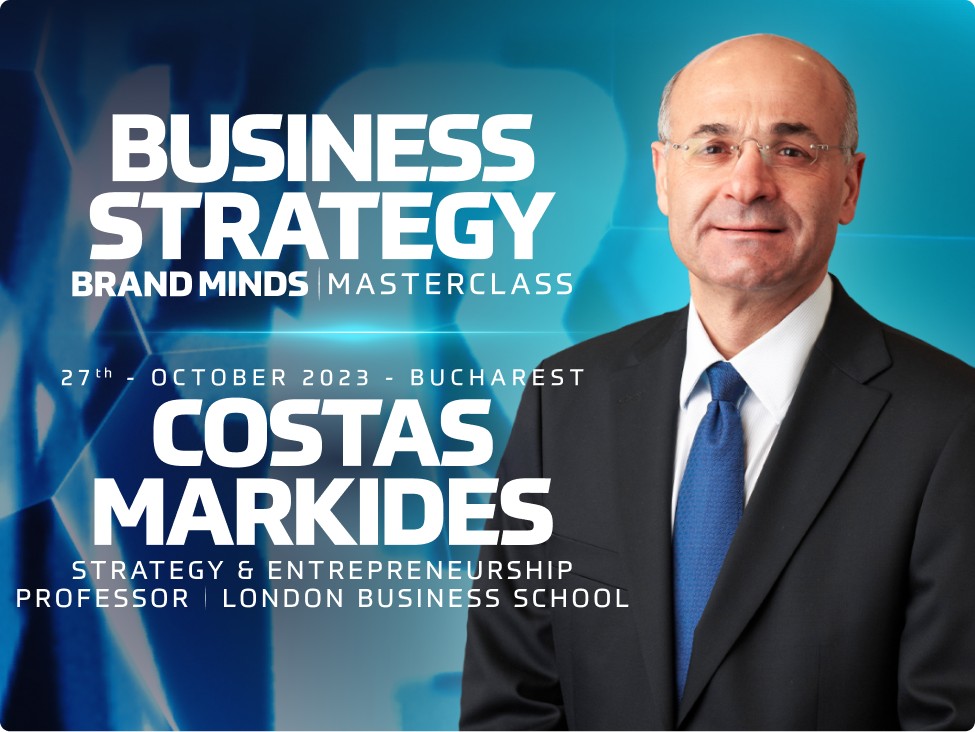Table of Contents
What is Fiedler’s Contingency Model of Leadership?
Fiedler’s Contingency Model of Leadership is a business framework that evaluates the effectiveness of a leader in an organization.
Fiedler’s Contingency Model of Leadership states that a leader’s effectiveness is based on the situation. The framework argues that there is no one best style of leadership.
The premise for this model is that an individual’s leadership style is the result of their life experiences, and therefore extremely difficult to change.
Instead of trying to change one’s leadership style, the organization should match a particular leadership style to a specific situation.

Who created Fiedler’s Contingency Model of Leadership?
The creator of the Contingency Model of Leadership is Fred Fiedler, one of the leading researchers in organizational psychology of the 20th century.
He helped the leadership and organizational performance field of research move from the research on traits and personal characteristics of leaders to leadership styles and behaviours.
Fred Fiedler developed the Contingency Model of Leadership in 1967 as a solution to the trait and behavioural theories failing to produce a relevant framework for leadership dynamics.
What are the two types of leadership styles according to Fiedler’s Contingency Model of Leadership?
Fiedler’s theory of leadership is based on two factors: leadership style and situational favorableness.
In the context of this theory, leadership style is fixed and therefore can be measured using the Least-Preferred Co-Worker (LPC) Scale, a scale developed by Fiedler.
The LPC scale is a questionnaire that helps the leader to understand their specific leadership style.
The leader is asked to think of all the people they have worked with and then describe the person with whom they have worked least well, using a series of scales of 1 to 8.
Leaders who score 64 and above have a relationship-oriented leadership style. These leaders derive satisfaction from interpersonal relationships and tend to rate their least preferred coworkers in a more positive manner.
Leaders who score 57 or below have a task-oriented leadership style. These leaders tend to rate their least preferred coworkers in a more negative manner and get satisfaction out of successful task performance.
What are the three contingencies of Fiedler’s theory of leadership?
After the leader discovers the orientation of their leadership style, let’s move on to the second factor of Fiedler’s Contingency Model of Leadership: situational favorableness.
Situational favorableness or situational control describes the leader’s ability to control the group situation. More specifically, the degree to which the leader can influence the behaviour of group members in order to face the current situation.
The factors that determine the favourableness of a situation are:
- Leader-Member Relations
- Task Structure
- Leader Position Power
Fiedler’s Contingency Model of Leadership – Leader-Member Relations
The Leader-Member Relations factor of Fiedler’s Contingency Model of Leadership refers to the degree of mutual trust, respect and confidence between the leader and the subordinates.
When the leader-member relations are good, the leader has a high degree of control of the situation which makes the situation more favourable for the leader.
When leader-member relations in the group are poor, the leader has to shift focus away from the group task in order to regulate behaviour and conflict within the group.
Fiedler’s Contingency Model of Leadership – Task Structure
The Task Structure factor refers to the extent to which group tasks are clear and structured.
When task structure is low (unstructured), group tasks are ambiguous, with no clear solution or correct approach to complete the goal.
Conversely, when task structure is high (structured), the group goal is clear and straightforward and members have a clear idea about how to approach and reach the goal.
Fiedler’s Contingency Model of Leadership – Leader Position Power
The Leader Position Power factor refers to the amount of power the leader has over the group, i.e. to which extent the leader can reward or punish the group’s members.
The stronger the power, the higher the degree to which the leader can control the situation.
When the position power is weak, leaders cannot control the resources so they lack the same degree of situational control as leaders high in power.
Conclusion
Fiedler’s Contingency Model of Leadership states that group effectiveness depends on an appropriate match between a leader’s style and the demands of the situation.
In other words, effective leadership is contingent on matching the leader’s style to the right setting.
Successful leaders know how to take calculated risks in uncertain times
Successful leaders are not risk-avoidant, they are great assessors of risk and learn how to turn adversity into advantage.
Attend the BUSINESS STRATEGY MASTERCLASS, on October 27 and learn how to make the right business decisions from Costas Markides, Professor of Strategy & Entrepreneurship at London Business School.
Limited seats available. Get your tickets today!



















